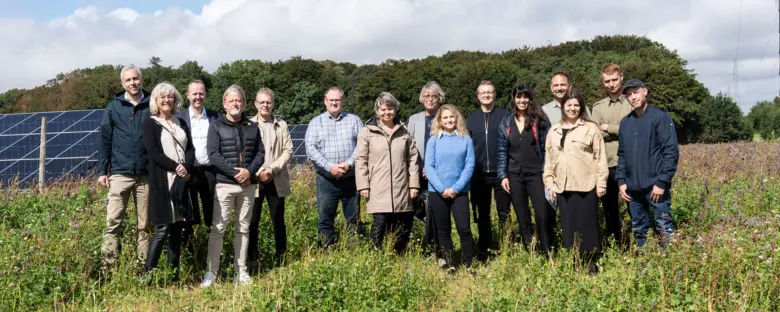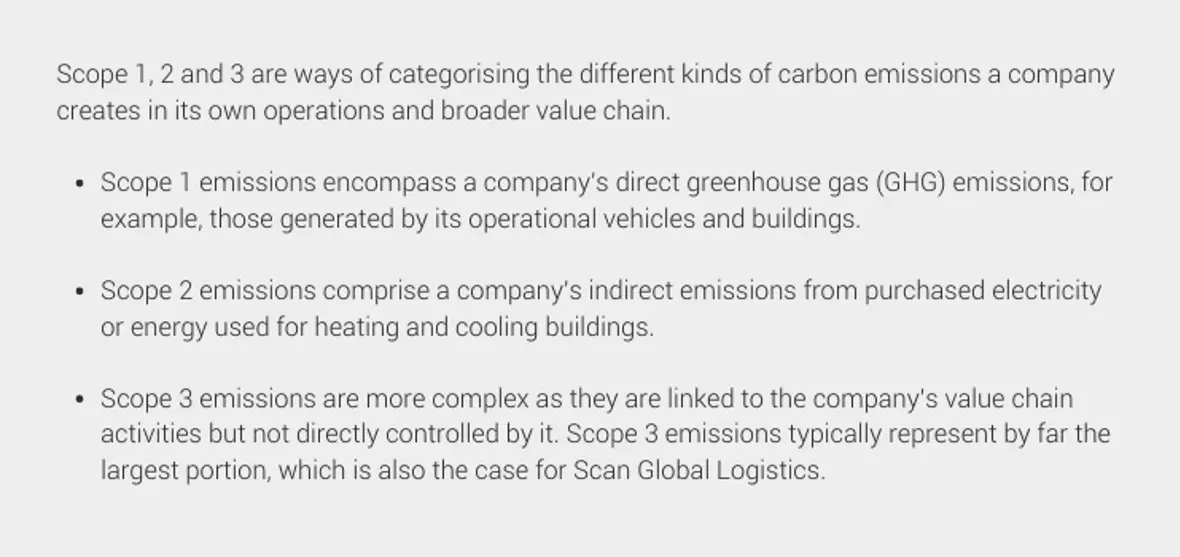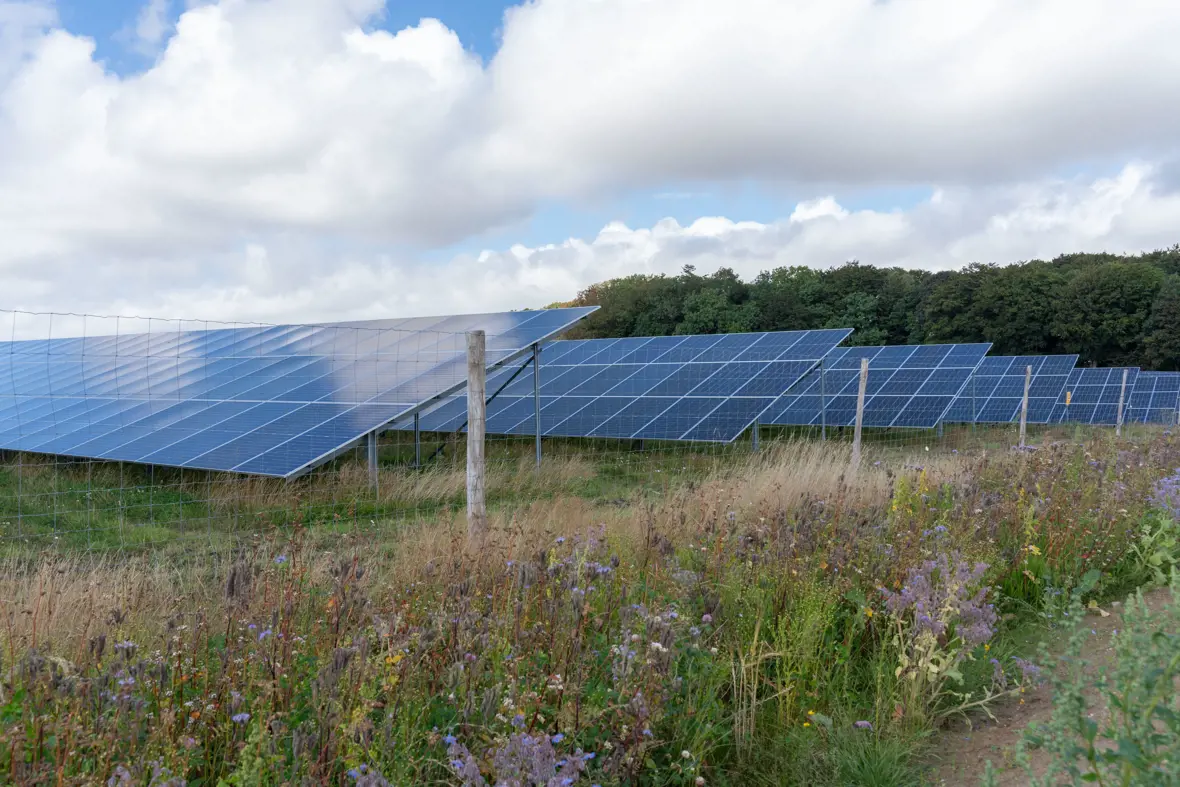Get in touch
Martin Andersen
Global Head of Sustainability & ESG
email usNews
13 Mar, 2024

In our efforts to reduce emissions, we are proud to be part of a collaborative project exploring our sustainability strategies: a new solar park nestled in the heart of Northern Denmark – a project showcasing our commitment to adopting renewable energy sources.
Taking active responsibility
The solar park is an example of how our SGL Reduction Strategy is set to meet our climate targets in 2030 by a CO2 reduction of 50%. Our science-based targets underscore the strategy and cover emission scopes 1, 2 and 3.

According to our science-based targets, we must achieve a 42% reduction in absolute Scope 1 and 2 emissions by 2030, using a 2021 baseline. Although these emissions only account for one per cent of our total emissions, we believe we must actively take responsibility and make a difference.
‘This reduction strategy is a top priority for us – both in terms of meeting our emission targets and, surely, also our customers’. As we share 99% of all our emissions with our customers in Scope 3 in relation to transportation, we must tackle decarbonisation in partnership’, says Martin Andersen, Global Head of Sustainability & ESG in Scan Global Logistics.
The solar park provides electricity to our facilities in Jutland.
An example of our efforts to reach this goal is the opening of the solar park in July 2023 in collaboration with 12 other companies. It results from Denmark's first Power Purchase Agreement (PPA), which ensures long-term energy reduction at reduced costs. Concretely, the agreement provides us with a fixed price and amount of green electricity for 10 years.
‘This initiative is essential to support our decarbonisation ambitions and the green energy transition. We've found ourselves in a favourable position with the energy market's volatility. We now have a stable pricing structure that enables us to promote the adoption of renewable energy strategically,’ says Martin Andersen.
The solar park is a considerable step towards reducing our Scope 2 emissions. It was established in Badskaer, Northern Jutland, and operations commenced in July 2023. The park spans over 67 hectares and has an expected annual production capacity of approximately 84 GWh, equivalent to supplying 53,000 average Danish consumers with electricity. It will power our 70,600 square meter warehouse and six offices in Jutland with renewable energy.

More than a renewable energy project
However, the impact of the solar park extends beyond its role in renewable energy generation. The project incorporates innovative measures to restore and conserve the surrounding natural environment, enhancing biodiversity.
Local zoning decisions permit the area to be sustainably managed through practices such as livestock grazing, eliminating the need for pesticides and fertilisers and positively impacting local flora and fauna. Additionally, converting traditional farmland to a solar park contributes to groundwater protection, further highlighting the multifaceted benefits of this initiative.
We have already signed one more PPA covering Sweden from March 2025 and are about to sign another new PPA, a testament to our strategy and decarbonisation efforts.
